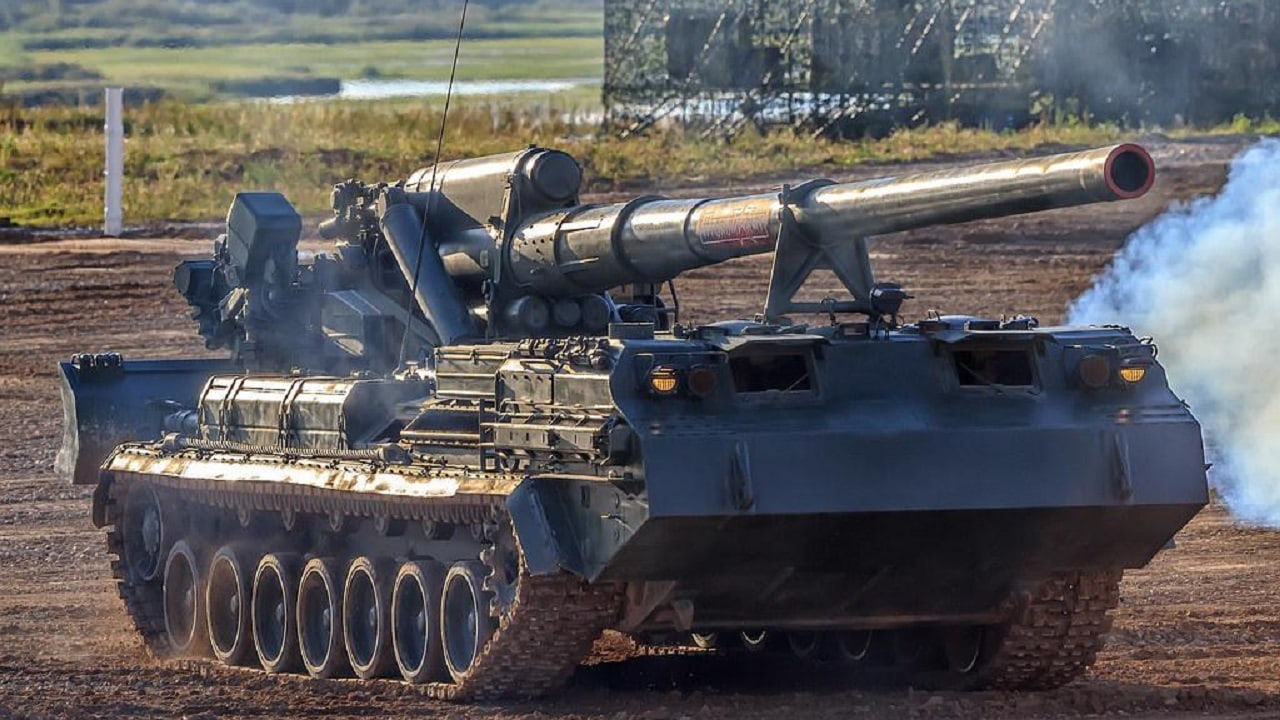Russia Blusters over Kaliningrad, Lithuania Maintains Rail Restrictions – Lithuania’s June 18 announcement that it had imposed a ban on the transit of Russian goods sanctioned by the EU to Russia’s western exclave of Kaliningrad has predictably set off a flurry of protests and threats from Moscow towards Lithuania. However, do those threats indicate a willingness in Moscow to retaliate against Lithuania for its decision, which is the latest episode in broader European efforts to sanction Russia for its February 2022 invasion of Ukraine?
While it is unlikely that Russia would attack or otherwise change Lithuanian policy on the matter by force, Moscow may seek to dial up pressure on Vilnius by other means.
What has Lithuania Actually Prohibited?
Vilnius’ announcement that certain goods would be prohibited from being transported across Lithuania was justified on the basis of wider EU-level sanctions on certain Russian goods. Such sanctions prohibit the transit of Russian metal, advanced technology, coal, and construction materials (as well as other categories of goods) across EU territory.
In its statement on the blocking of Russian goods, Lithuania’s Ministry of Foreign Affairs emphasized that Vilnius was not imposing restrictions of its own, and that none of the limiting measures on the transit of Russian goods which took effect on June 18 were made unilaterally by Lithuania. Lithuanian Prime Minister Ingrida Simonyte has additionally emphasized that non-commercial passenger transit and the transportation of unsanctioned categories of goods are not affected by Lithuanian enforcement of EU sanctions, and can continue as normal.
Known as Königsberg when the city was under German control, the city and its environs were transferred to the Soviet Union at the end of the Second World War. While the city was attached to the Russian Soviet Federative Socialist Republic (RSFSR) within the Soviet Union after it was split from Germany, it was surrounded to the east by other Soviet republics, as Lithuania had been annexed by Moscow under the secret terms of the Molotov-Ribbentrop Pact. It wasn’t until the breakup of the Soviet Union that Kaliningrad Oblast became cut off from Russia proper, instead bordering Lithuania from to the east and Poland to the south and west.
Prominently located on the Baltic Sea, Kaliningrad is the headquarters of the Russian Baltic Sea fleet. While Lithuania shares no border with Russia beyond Kaliningrad, Russian are still able to flow across Belarus, which remains a pliant associate of Russia.
How Has Russia Reacted?
Speaking from a meeting in Kaliningrad on June 21, the Chairman of the Russian Security Council Nikolai Patrushev warned that Russia would respond to Lithuania’s decision to enforce EU transit sanction with measures which would have a “serious negative impact on the population of Lithuania.” From the Moscow, Deputy Foreign Minister Sergei Ryabkov argued that the United States “influenced” Lithuania’s decision to restrict Kaliningrad imports, while Kremlin Press Secretary Dmitry Peskov claimed that Vilnius’ block violated “fundamental” agreements between Russia and Lithuania on the subject. In particular, Russian authorities have referred to a 2002 agreement between Russia and the European Union which governs Russian transit rights to Kaliningrad through Lithuania.
Anton Alikhanov, the governor of Kaliningrad Oblast, claimed that nearly 50% of the Russian federal subject’s imports were included in the Lithuanian-enforced ban, and in the days since has announced the conscription of a handful of cargo ships to carry freight from Saint Petersburg to Kaliningrad and the port of Baltiysk in the oblast. Alikhanov also accused Lithuania of violating international law in its decision to block the transit of goods to Kaliningrad, adding that European countries wanted to lower the quality of life of Kaliningrad citizens.
What Might Russia do in Response?
While rhetoric from top Russian officials on Lithuania remains caustic and bellicose, such pronouncements do not necessarily auger future use of military force by Moscow. While some have raised the prospect that the dispute could prove to be a flashpoint that would precipitate a Russian incursion into the Suwałki Gap (the region of Poland and Lithuania around their shared border situated between Kaliningrad and Belarus) Russia does not appear to be assembling any abnormal buildup of forces which could strike Lithuania.
However, as shown by recent Russian helicopter incursions into Lithuania’s Baltic neighbor Estonia, Russia is more than willing to saber-rattle to pressure its western-aligned neighbors. Russian hacking groups have also been known to target Lithuania in the past, which has led U.S. cyber teams to conduct defensive “hunt forward” operations on Vilnius’ invitation to root out Russian intrusions in Lithuania’s cyberinfrastructure.
These and other grey-zone attacks on Lithuania could be part of a Russian campaign to retaliate against Lithuania for its transit restrictions on Russian imports to Kaliningrad. While a full-scale, overt attack on Lithuania is unlikely to follow Lithuania’s decision and Russia’s threats, Russia will likely probe or otherwise challenge the Lithuanian government in a variety of areas below the threshold of war.
Wesley Culp is a Research Fellow at the Center for the Study of the Presidency and Congress. He regularly writes on Russian and Eurasian leadership and national security topics and has been published in The Hill as well as in the Diplomatic Courier. He can be found on Twitter @WesleyJCulp.

